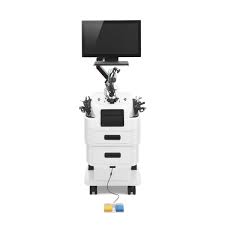Clinical Skills Trainers for Healthcare Education
Specialized simulation models designed to teach and practice fundamental clinical procedures in a controlled environment. Perfect for building competency in essential clinical skills and diagnostic procedures.
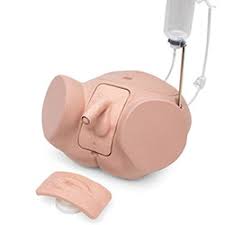
What are Clinical Skills Trainers?
Clinical skills trainers are specialized simulation models that provide hands-on training for essential medical procedures. These tools bridge the gap between theoretical knowledge and practical clinical experience, allowing healthcare students and professionals to practice in a safe, controlled environment before working with real patients.
Available Clinical Skills Trainers
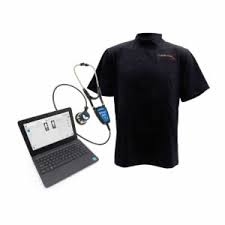
Auscultation Trainer
Train to identify various heart, lung, and bowel sounds with realistic mannequins.
Request Quote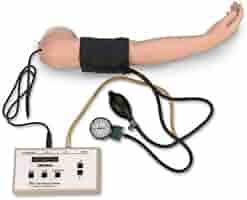
Blood Pressure Trainer
Practice manual and electronic blood pressure measurements on training arms.
Request Quote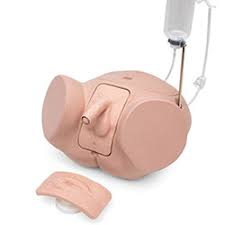
Catheterization Trainer
Hands-on training for male and female urinary catheter insertion techniques.
Request Quote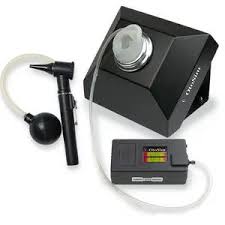
Ear, Nose & Throat Examination
Simulators for detailed ear, nose, and throat examination procedures.
Request Quote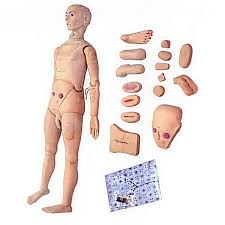
Edema Diagnosis Trainer
Realistic limb models for assessing and identifying types of edema.
Request Quote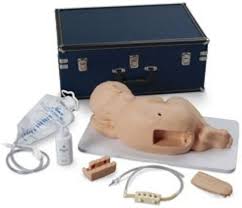
Epidural & Lumbar Trainer
Practice epidural needle placement using anatomical lumbar spine models.
Request Quote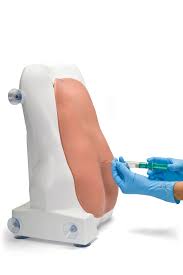
Epidural & Spinal Trainer
Dual training model for epidural and spinal anesthesia techniques.
Request Quote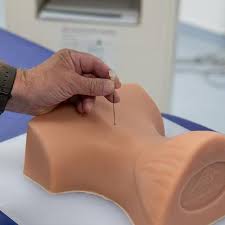
Injections & Punctures Trainer
Model arms and pads for practicing injections and needle puncture skills.
Request Quote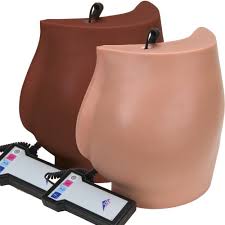
IM & ID Injection Trainer
Training pads for realistic intramuscular and intradermal injection practice.
Request Quote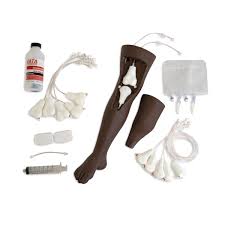
Intraosseous Trainer
Emergency IO access training model with tactile feedback for bone penetration.
Request Quote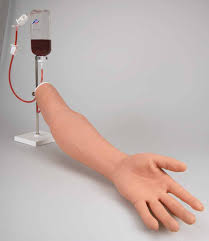
IV & Arterial Trainer
Simulated vascular access for IV and arterial catheterization practice.
Request Quote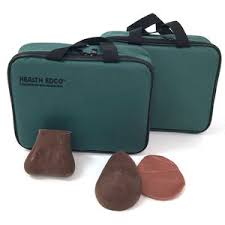
Male Examination Trainer
Simulators for male genital and rectal examination procedures.
Request Quote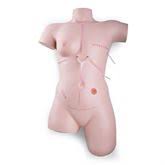
Suturing & Bandaging Trainer
Practice suturing, wound closure, and dressing on realistic skin pads.
Request QuoteComprehensive Clinical Skills Training
Medical simulation is especially useful in medical education with an increased focus on building competency in clinical skills and diagnostic procedures. Simulation training has proven effective to link theoretical medical student training and clinical experience and is used to demonstrate, practice and assess clinical skills.
Microline Scientific Solutions Ltd offers a large range of clinical trainers and simulators to equip specialty labs and skills labs in universities and teaching hospitals in the following clinical areas:
- Auscultation
- Suturing and Bandaging
- Blood Pressure
- Catheterization
- Central Venous Catheterization (CVC)
- Edema Diagnosis
- Injections and Punctures
- Male Examination
- Laparoscopy
- Ultrasound
- Ear-Nose-Throat Examination
- Cricothyrotomy
- Chest Drainage
Medical simulation is used throughout medical education, postgraduate residency, and continuing education for learning how to diagnose and treat not only common but also complex and rare clinical problems. The manikins, trainers and simulators offer unique direct feedback to immediately brief the trainee about his or her performance. The feedback is then used in the following training sessions to correct and improve the clinical techniques.

